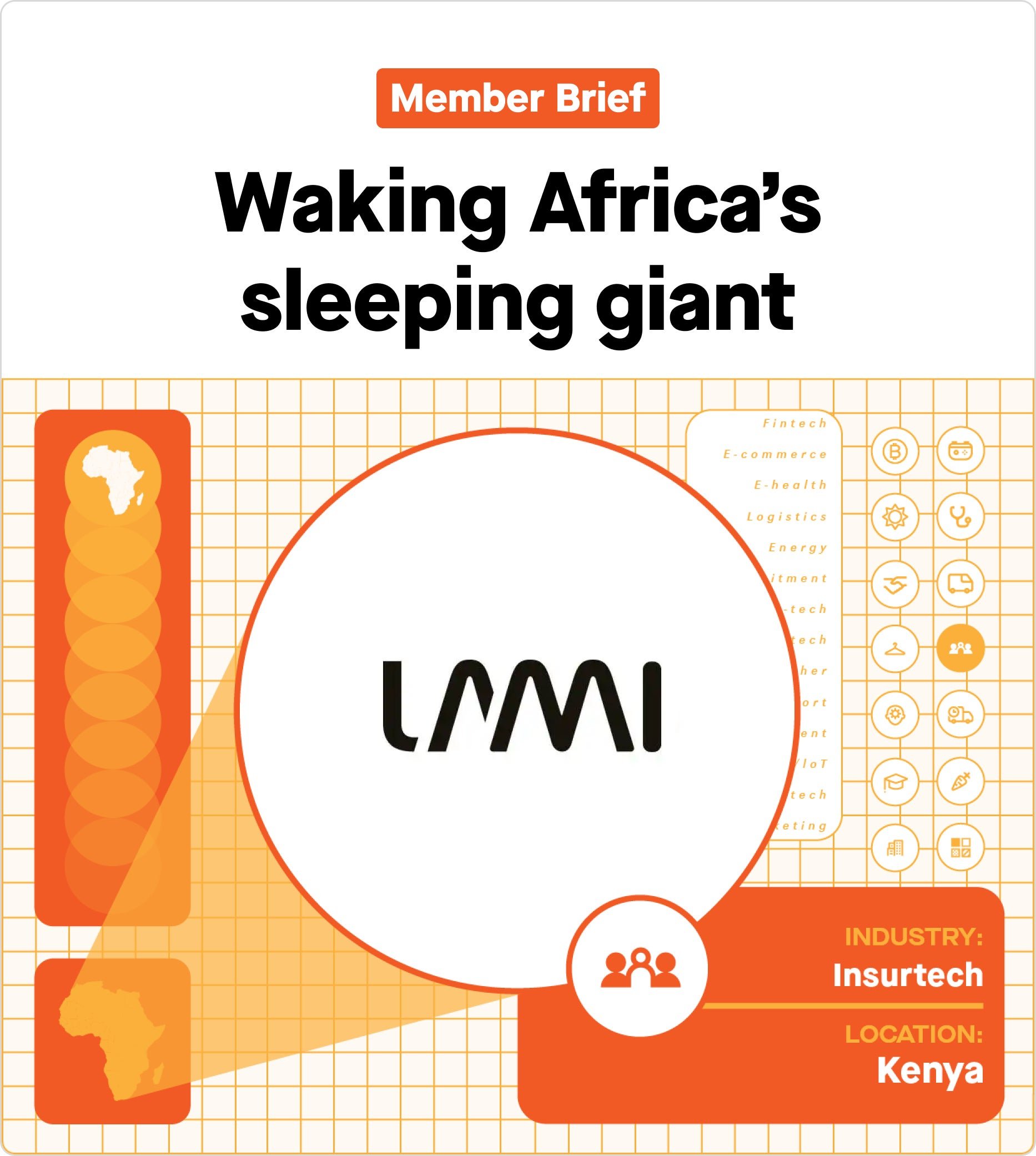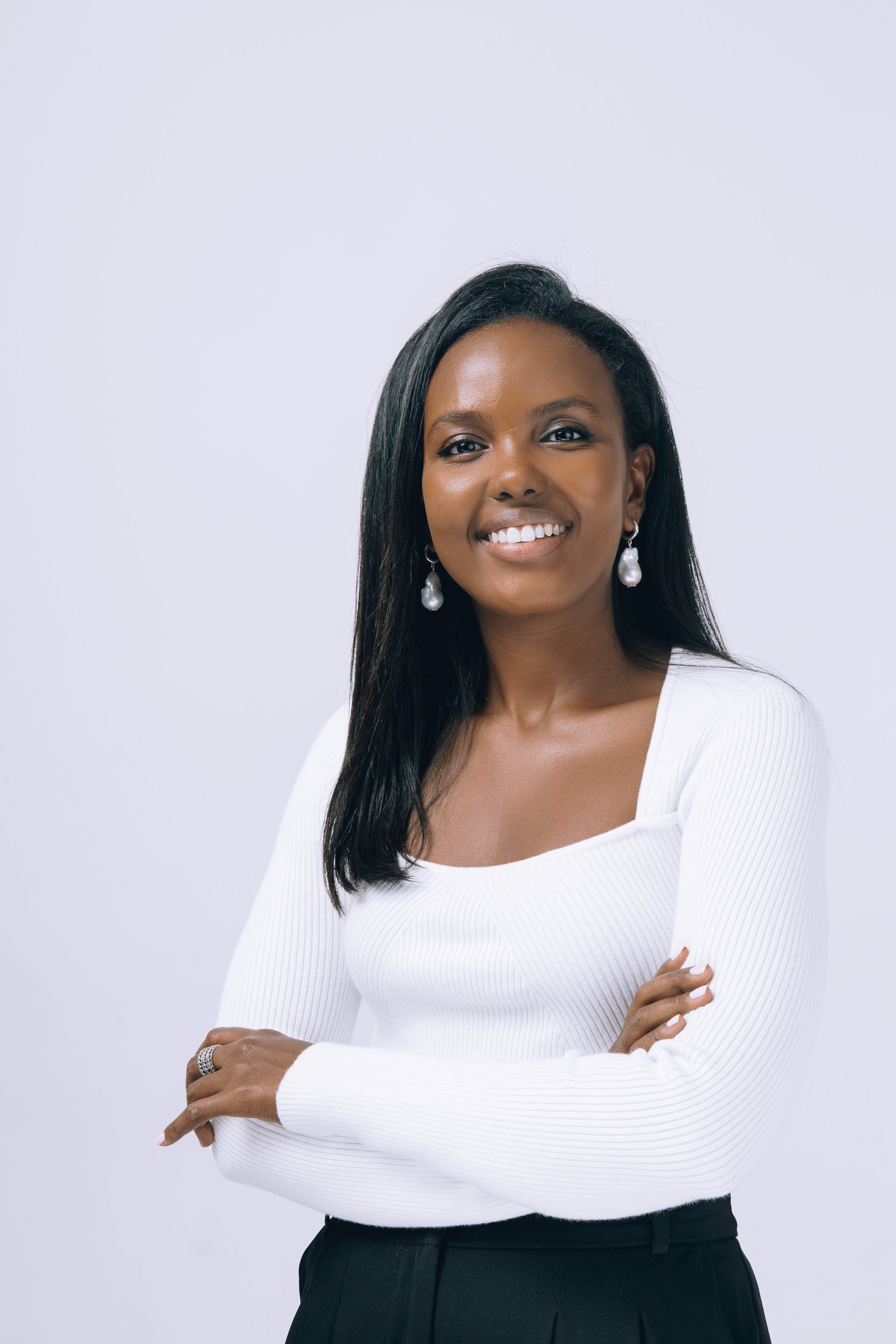✦ Waking Africa’s sleeping giant
Hi Quartz Africa members,



Hi Quartz Africa members,
Africa has one of the lowest insurance penetration rates in the world: less than 3%. The global average is more than double that, meaning that the African population is woefully uninsured, and millions of people lack a financial safety net.
The continent’s insurance industry struggles for several reasons, chief among them a lack of development. Getting insurance is a lengthy and complex process, and people are skeptical of insurance companies thanks to long process times for claims that rarely materialize.
But Africa’s appetite for insurance is growing. The bulk of that growth is expected to come from pensions and individual life insurance, while motor insurance is the largest contributor of nonlife insurance. That’s thanks to growth in Africa’s growing middle class, but also the increasing economic risks posed by pandemics, natural disasters, and political upheaval.
Experts say that to cater to growing demand, Africa’s insurance market will need a makeover. And with the local explosion of fintech—alongside deepening smartphone and internet penetration—the insurance industry is looking to digital solutions. Digital insurance, or insurtech, makes insurance more accessible and affordable. Customers can pay bills, view policies, and file claims via an app—where previously they might find themselves waiting on a phone call.
The industry coined as ‘Africa’s sleeping giant’ is starting to awaken.
Cheat sheet:
💡 The opportunity: With 97% of the continent uninsured, there is a huge market available. Technology can reach the masses with affordable insurance, offering them a formal and efficient financial safety net.
🤔 The challenge: There is still low demand for insurance due to a lack of awareness and also a lack of trust with traditional insurance companies. That remains a significant barrier to market growth.
🌍 The roadmap: Getting more insurance providers and businesses onto digital platforms, all while raising awareness with customers about the importance of insurance.
💰 The stakeholders: Government regulation has a big role to play, but more insurance companies and businesses need to make the digital switch so they can offer the right products to their customers.
$68 billion: Value of Africa’s insurance industry in terms of Gross Written Premium (GWP), which is a measure of the total premium (direct and assumed) written by an insurer before deductions for reinsurance and ceding commissions. Africa’s GWP is the eighth largest in the world.
7: Countries in Africa where 83% of premiums are concentrated: South Africa, Kenya, Egypt, Nigeria, Algeria, Namibia, and Tunisia
70%: Premiums accounted for by South Africa, the largest and most established insurance market
54%: Share of South Africa’s premiums that are for life insurance
The case study
Name: Lami
HQ: Nairobi, Kenya
Founder: Jihan Abass
Premiums underwritten: $1 million+
Founded in 2018 in Kenya, Lami is today one of the largest insurtech companies on the continent. It provides a digital platform that distributes insurance products using an Application Programming Interface (API), which connects businesses to insurance companies that can underwrite any new products they create.
The company first entered the market in 2020 with a B2C model, but pivoted to B2B after the launch of its motor insurance app, Griffin. Lami has since partnered with over 12 companies—among them: Stanbic Bank, Sendy (a deliveries startup), Kenya Commercial Bank, and SkyGarden (an online retail site)—to offer products from health insurance to device insurance. Today, the startup has 25 underwriters and more than 80,000 policies, and charges a fee for each.

Once new insurance products have been written, businesses are able to plug into Lami’s API and sell insurance through an app or website. Customers are able to get a quote, buy the policy, receive all the policy documents, and file claims online. Purchasing insurance through Lami takes a few minutes versus a few days, and the company says it fulfills claims in one week, compared with an industry average of 60-90 days.
In May of last year, Lami raised $1.8 million in seed funding. This year, the company acquired Bluewave, a Kenyan-based insurtech startup that specializes in micro-insurance products for low-income individuals. The recent acquisition has given Lami entry into Malawi and the Democratic Republic of Congo.
In conversation with

Lami’s founder, Jihan Abass, started her career as a commodities trader in London but wanted to make an impact back home. Abass returned to Kenya, where a random conversation inspired her to learn more about Africa’s insurance industry. Here is some of what she shared with Quartz.
💡 On starting Lami:
“It happened when I went into a cafe in Mombasa. I had a conversation with the waiter, who told me she didn’t have medical insurance. I went into a rabbit hole of doing research on insurance to look at why people do not buy these products. I saw that the insurance products were there in Kenya, but the digital infrastructure was missing.”
👩🏿 On being a female founder:
“Often as women we doubt ourselves and worry about whether or not we have the right skillset—but we do have the capability and we should make efforts to learn how to showcase them. It is important to get more women into science, technology, engineering, and mathematics (STEM), and to have mentoring schemes. Getting more female investors who can support women-led startups is also key.”
🤩 On making insurance accessible to everyone:
“Our lowest insurance product starts at 30 cents. We want to make sure that insurance is available to everyone, no matter their income. We recently acquired a microinsurance company to help us tap into this market.”
Insurance deals to 👀
In February, Nigeria’s first digital insurance company, Casava, raised $4 million pre-seed funding—the largest pre-seed to date for an African insurtech company.
ETAP, a Nigeria-based insurtech startup that focuses on car insurance, secured $1.5 million in pre-seed funding in April. Currently, 21% of the 12 million registered vehicles in Nigeria have motor insurance.
More recently, Egyptian insurtech startup Nice Deer raised $1 million in a pre-seed round. The startup facilitates health insurance between providers, health insurance companies, and beneficiaries.
🎵 This brief was produced while listening to “Nairobi” by Bensoul ft Sauti Sol, Nviiri the Storyteller, Mejja
Have a highly motivated rest of your week,
—Priya Sippy, Quartz Africa contributor based in London
One 👭🏽 thing
In 2021, Jihan Abass was one of just a handful of women in Africa to raise more than $1 million in seed funding for her business. Although African startups raised approximately $5 billion in 2021, less than 1% of the money went to startups with a female founder or CEO.